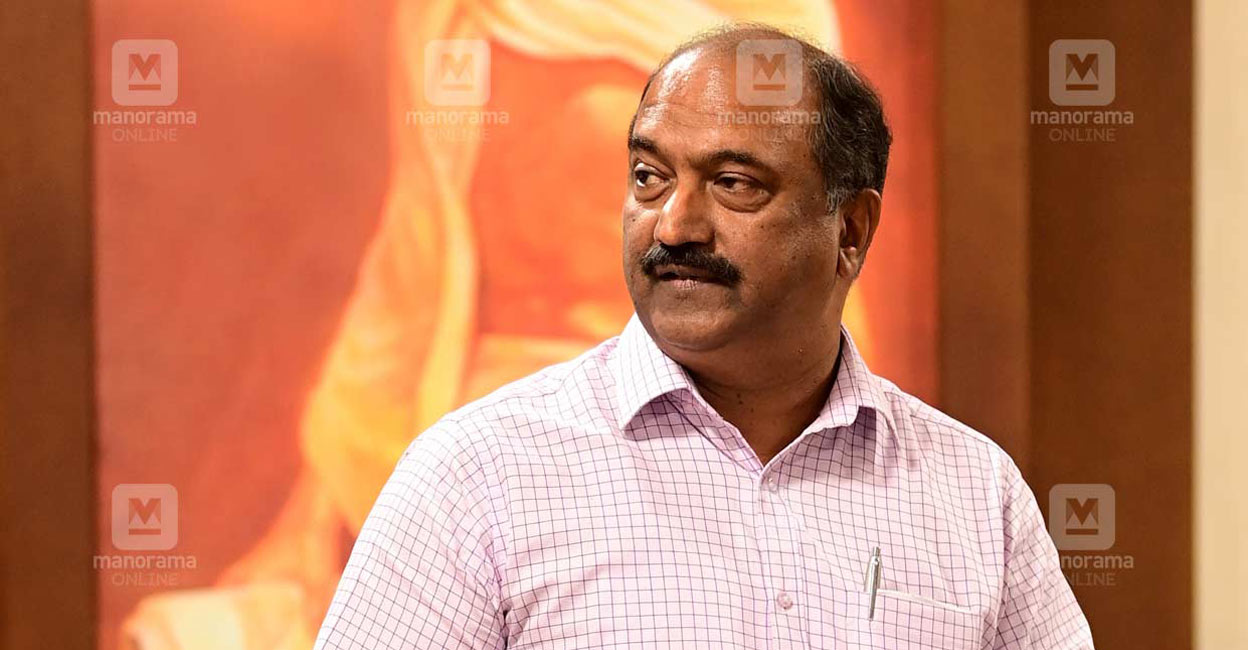Analysis | How much can Kerala borrow? Balagopal and Muraleedharan add to confusion
Calculations surrounding the annual open market borrowings of Kerala are inherently complicated.
Now, by their claims and counterclaims, Kerala’s finance minister K N Balagopal and Union minister of state for external affairs V Muraleedharan have made an understanding of Kerala’s borrowing situation virtually impossible.
On May 27, Balagopal said the Centre had slashed Kerala’s open market borrowing for the 2023-24 fiscal by more than half. In place of Rs 32,442 crore, Balagopal said the Centre has allowed just Rs 15,390 crore.
On May 29, Muraleedharan met the media and said Balagopal was either ignorant or was wilfully misleading the public. He said the Rs 15,390 crore was the amount Kerala could borrow till December this year. “Kerala would be allowed to borrow an additional Rs 5,131 crore during the last quarter of the 2023-24 fiscal,” Muraleedharan said.
Official note vs official note
This is what he read out from what looked like an official note: “Rs 15,390 crore has been issued for the first nine months and the remaining Rs 5,131 croire will be issued in the last quarter of the financial year 2023-24.”
On Tuesday, Balagopal also read out from an official communication, the one received from the Union Finance Ministry on May 26. And what he read contradicted the words from the Union minister’s official notes.
Here is what Balagopal read out. “It has been decided by the competent authority in Government of India to accord sanction to the state government of Kerala under Article 293(3) of the Constitution of India to raise Rs 13,390 crore under the proposed borrowing programme of the state for the year 2023-24.” (Kerala was allowed to borrow Rs 2000 crore in April. Together, the total borrowing allowed is Rs 15,390 crore.)
Balagopal’s double talk
Nonetheless, making things more elusive, Balagopal said the same May 26 letter from the Centre had also stated that the sanctioned amount was for nine months of the fiscal. “They have said it was for the entire fiscal and also for nine months,” Balagopal said, compounding the overall confusion.
He also did not bother to read out that portion in the letter that refers to the nine-month period. When asked for a copy, Balagopal said propriety mandated that he kept the official communication confidential, ignoring the fact that he had just read out from the “confidential” letter.
Kerala wants clarity, details
Balagopal’s main contention is that there is no clarity. He said the official communication the Union Finance Ministry had sent last fiscal had clearly given the borrowing sanctioned for the first nine months and also for the entire fiscal; Rs 17,936 crore for the first nine months and Rs 23,915 crore for the entire 2022-23 fiscal.
It is another matter that the Centre had refused Kerala permission to borrow a substantial portion of the nearly Rs 6,000 crore scheduled for the last quarter of 2022-23. Given this immediate precedent, the Kerala’s finance minister’s concern seems reasonable.
Balagopal said the letter received last fiscal also had the OMB schedule. “This year, there were no such details and it was just a single-sheet communication,” he said.

Muraleedharan’s ‘fancy’ numbers
In an apparent effort to clear up the issue, Muraleedharan ended up further complicating an already troubled borrowing conundrum. He dropped a new set of figures that had even the Kerala finance minister and his top officials scratching their heads in incomprehension.
Till then, the general understanding was that Kerala was entitled to an open market borrowing (OMB) of 3 per cent of its GSDP. Kerala’s GSDP for 2023-24 is pegged at Rs 10.81 lakh crore. Therefore, Rs 32,442 crore is its OMB limit for this ongoing fiscal.
Muraleedharan said Kerala’s borrowing limit for this fiscal was Rs 55,182 crore and said the state had already borrowed Rs 34,661 crore. On top of the OMB limit of Rs 32,442 crore, he had added what he termed a “replacement borrowing” of Rs 20,985 crore and another Rs 1,755 crore as National Pension Scheme contribution.
Balagopal seemed bewildered by these figures. “I have not heard of any such figure. I have no idea what he is talking about. Neither me nor the department had received any official communication that refers to any of the figures the Union minister had stated. He just cannot churn out random numbers like this,” he said.
Given the urgency of the situation, the minister said a high-level meeting was called by the Chief Minister himself on Tuesday to discuss the issue. “It has been decided at the highest level to seek clarity on the borrowing issue from the Centre. We cannot allow the state’s entitlement to be cut,” Balagopal said.
Longstanding puzzle
The Centre started chipping away at Kerala’s OMB in 2017. That year the Centre had decided to consider Kerala’s Public Account as its borrowing, and reduced the amount in the Public Account from Kerala’s OMB limit. The Public Account is where the state keeps its small savings and provident funds, reserve funds, deposits and remittances.
In subsequent years, the loans taken by Kerala Infrastructure Investment Fund Board (KIIFB) and Kerala Social Security Pensions Limited (KSSPL) were also considered its borrowings and subtracted from its annual OMB limit. Kerala continues to vehemently dispute such subtractions.
For all the latest business News Click Here

